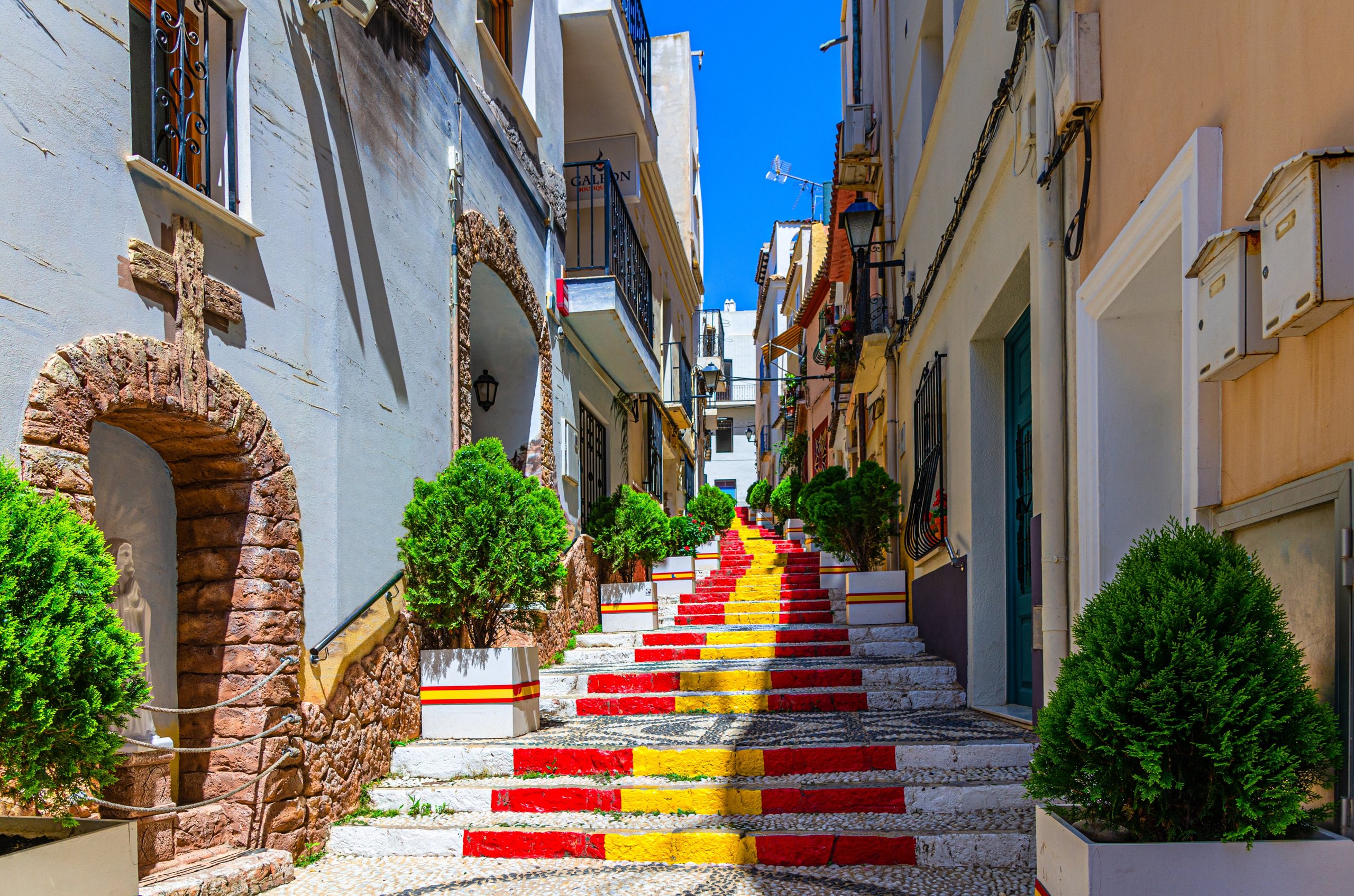For British, US and other non-EU citizens, to live in Spain full time you need a visa. The good new: they’re fairly easy to obtain, and we can help.
If you’ve been dreaming of long, leisurely stays at your future home in Spain, you’ve probably bumped into the 90-day rule. For many non-European Union (EU) buyers – including UK citizens post-Brexit – it’s one of the biggest concerns when buying abroad.
The same rules apply to other ‘third country nationals’, as the EU refers to them; those from the USA, Canada and Australia.
But here’s the reality. Spain welcomes international buyers, especially those who support the economy. So there are several straightforward ways to extend your time in Spain – and owning a property like Porta de Mar can actually make it easier.
Discover your visa options today
Moreover, for retirees, our own study found that Spain was the easiest place to retire on the European continent.
Let’s investigate your options.
The 90-day rule: what it means
If you hold a non-EU passport (including UK, US and others), you can spend up to 90 days in any 180-day period in the Schengen Area (which includes Spain). That means you can visit for holidays, viewing trips and short stays without any visa at all. You, however, will need to complete the new EES (Entry/Exit System) registration and pay the small fee, around €20 over three years.
But if you’re planning to stay for longer periods – perhaps entire seasons or several months at a time – you’ll need a visa or residency option that fits your situation.
Good news: you’ve got options
Spain offers several visa types specifically designed for people who want to live part-time or full-time in the country without needing to work there.
Here are three of the most popular:
1. The non-lucrative visa
This is ideal for retirees or those with independent income. You’ll need to show proof of funds (such as pension or investment income) and private health insurance. It’s often used by early retirees and can lead to residency.
The amount you will need to show you receive as income is just under €30,000 for the first applicant and €7,000 for a spouse if applying as a couple.
The initial visa lasts for one year but can then be renewed every two years until you reach the five-year threshold for permanent residency.
2. The digital nomad visa
A newer option for remote workers or business owners who work online. The digital nomad visa (Teletrabajadores de Carácter Internacional) allows you to live in Spain while working for clients or companies based abroad.
It is proving increasingly popular and is a three-year permit (that can be renewed). You may also benefit from paying a flat rate tax of 24%.
3. An EU passport
If you’re Dutch, Irish, or hold another EU passport, none of this applies — you can live in Spain without restriction. A surprising number of people born outside the EU can obtain an EU passport, and thus live in Spain year-round.
The first group are those who can claim an Irish passport. If your parent was born anywhere on the island of Ireland (including Northern Ireland), you can simply apply for a passport. If your grandparent was born in Ireland there is a more long-winded process, but you can still claim one.
Similar rules apply for those with grandparents born in countries like Italy, Germany, Poland or countries from the former Yugoslavia. This opens the door to many Americans and Australians for example.

Other benefits
Getting your visa allows you to stay in Spain, or elsewhere in the Schengen Area, but you will still need to register at your local town hall (Ayuntamiento) for a certificate (empadronamiento or “padrón”) that confirms you live there. This should just be a formality, but is essential nonetheless.
When you have residency in Spain other practical benefits open up. These may include better access to state healthcare, lower taxes, a better range of mortgages and bank accounts. If Spain raises taxes on non-residents you also benefit.
Your Overseas Home can introduce you to legal and immigration specialists who will help you navigate your options.









